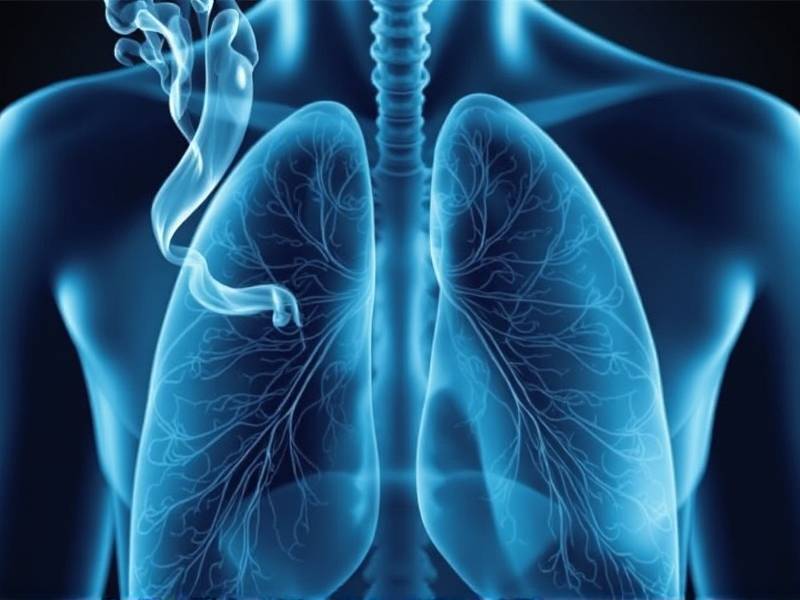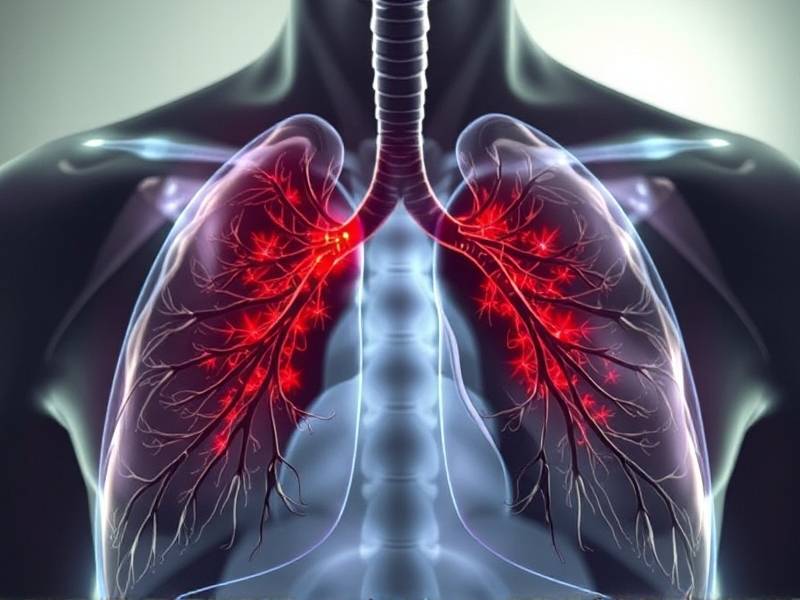How Long Does It Take for Your Lungs to Recover After You Quit Smoking?
The Journey to Health: How Long Do Lungs Take to Heal After Quitting Smoking?
Introduction: Quitting smoking is a significant step towards better health. It's a journey that not only improves your overall well-being but also allows your body, particularly your lungs, to begin the healing process. But how long does it take for your lungs to recover after you quit smoking? Let's delve into this fascinating topic.
Understanding Lung Recovery

-
Immediate Benefits As soon as you quit smoking, your body starts to repair itself. Within 20 minutes of quitting, your heart rate and blood pressure drop, and the carbon monoxide levels in your blood begin to decrease.
-
The First Week Within the first week of quitting smoking, you'll likely notice an improvement in your sense of taste and smell. Your lungs will also start to clear out mucus and debris that have accumulated from years of smoking.

-
The First Month By the end of the first month after quitting, you may experience fewer respiratory problems like coughing and shortness of breath. Your lung function may also improve by as much as 10%.
-
The First Year After one year of not smoking, the risk of heart disease decreases by half compared to that of a smoker's risk. Additionally, your lung function continues to improve, potentially reducing the risk of infections.
-
The Long-Term Recovery
- Five Years: The risk for cancer of the mouth, throat, esophagus, and bladder is reduced.
- Ten Years: The risk for lung cancer is about half that of a smoker's.
- 15 Years: The risk for coronary heart disease is similar to that of a non-smoker.
Factors Influencing Lung Recovery
It's important to note that recovery time can vary from person to person based on several factors:
- Duration and Intensity of Smoking: The longer and more intensely you smoked, the longer it may take for your lungs to recover.
- Age: Younger individuals tend to recover faster than older ones.
- Genetic Factors: Some people have genes that affect how quickly their bodies can repair damage from smoking.
- Overall Health: Individuals with pre-existing health conditions may take longer to recover.
Conclusion:
Quitting smoking is an essential step towards better health, and while it takes time for your lungs to fully recover, each day without a cigarette brings you closer to improved lung function and reduced risks of various diseases. Remember that progress may vary from person to person, but staying committed is key. So why wait? Start today on your journey towards healthier lungs!
